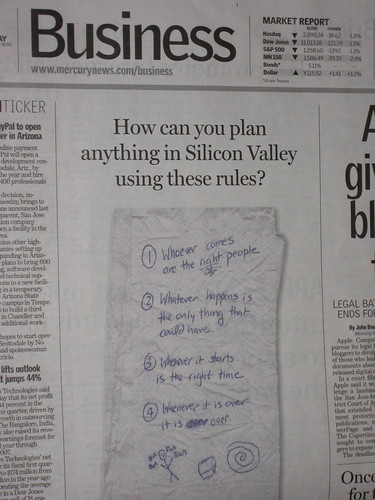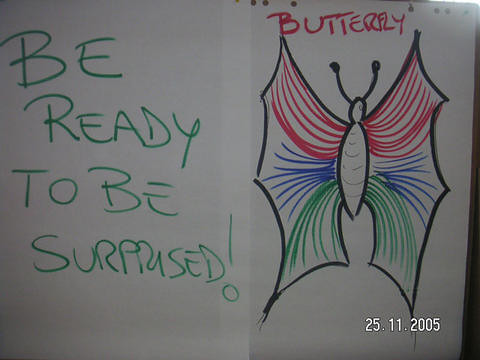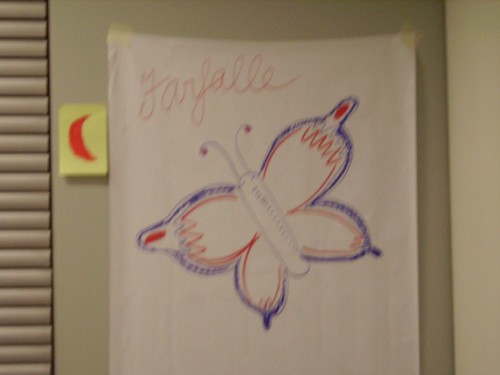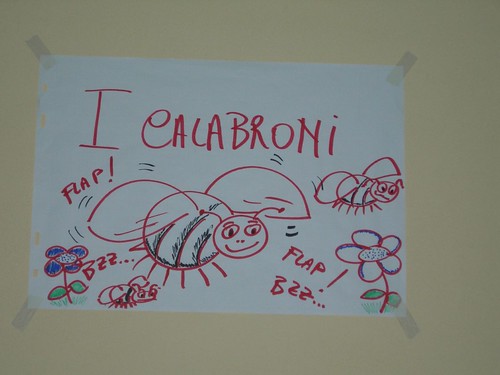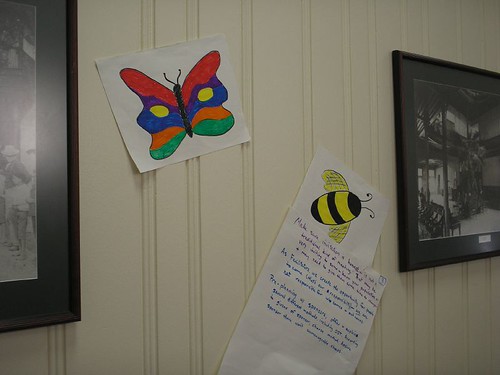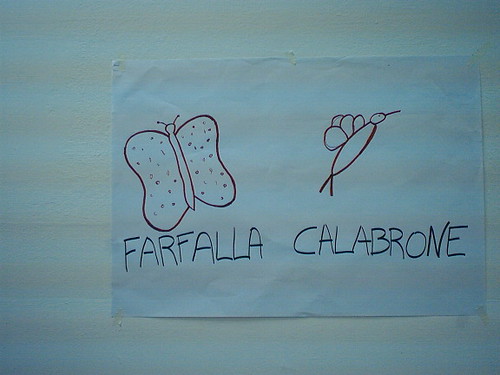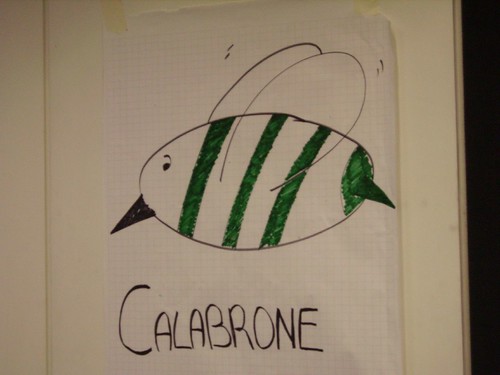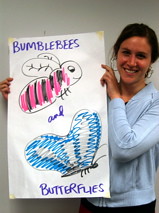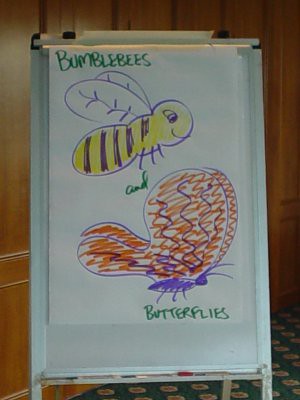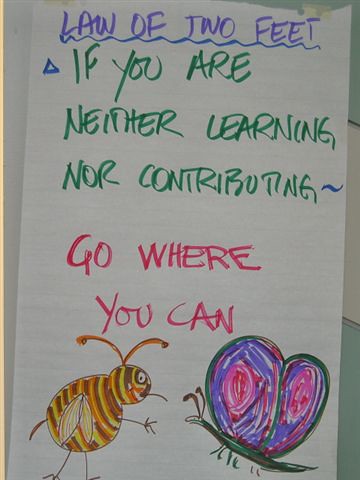The Second World Congress of Imams and Rabbis for Peace, will take place at Seville in Spain from 19 to 22 March 2006.
The sponsoring organization, Hommes de Parole, is an international humanitarian foundation devoted to bringing groups of people from areas in conflict to neutral territory and establishing conditions for dialogue and joint creation of a new future.
The First Congress held in Brussels on 3 to 6 January 2005 was an historical milestone in Jewish-Muslim dialogue. Israeli Open Space practitioner Avner Haramati was one of the professional facilitators for the first Congress.
The Second Congress will bring together once more 150 Imams and Rabbis, among the most influential Jewish and Muslim religious leaders in the world, together with the presence of number of Christians, education specialists, observers and experts, to focus on:
* Promoting encounter and dialogue between Jewish and Muslim religious leaders in order to build trust and confidence for developing common projects in seeking common good.
* Creating an opportunity for religious leaders to use their influence in conflict resolution in various regions of the world.
* Helping religious leaders to challenge fanatics who are misusing religion.
* Creating structures and initiatives to continue practical day-to-day work in the most needed areas.
The Second Congress will pursue the aims of the First Congress and will strive to :
* Enlarge the existing network of religious leaders who are committed in this endeavour especially to seek participation of prominent Imams from Arab and other Muslim countries. The Congress expects a large international media involvement in order to create a positive impact on both political leaders and the general public.
* Plan actions to be implemented in the field of education and especially peace education through dialogue and honest conversations with others.
The first day consists of presentations and discussions on specific topics, and the second and third days will be entirely in Open Space, facilitated by Harrison Owen, with Michael Pannwitz and his crew.
May there be abundant peace and life, for us and the whole household of Israel, and the whole household of Ismail.
